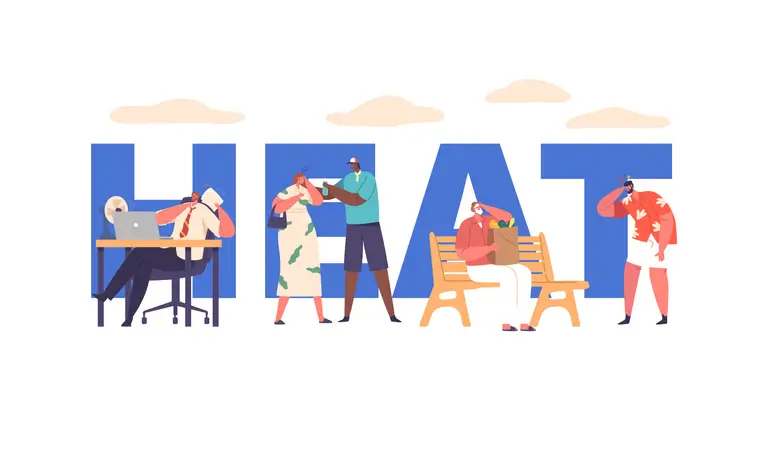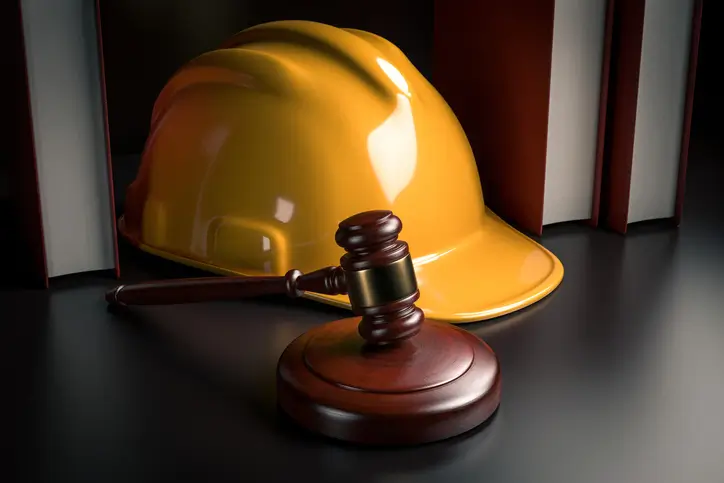What Are Your Rights As A Construction Worker In New York?
- Published on:
- Published in: Blog
New York City’s iconic skyline is built on the backs of thousands of hardworking construction workers. But behind every towering skyscraper or bustling infrastructure project lies a critical question: Are the workers building these structures truly safe and protected?
Construction is one of the most dangerous industries in New York. In response to frequent accidents and fatalities, New York has implemented some of the nation’s strictest worker protection laws. As a construction worker in NYC, it is crucial to understand your rights, particularly those related to safety regulations, your ability to file anonymous complaints, and protections if you choose to report unsafe practices.
This article explores your legal rights and the key New York-specific safety laws every construction worker should know.
1. Right to a Safe Workplace
Under both federal OSHA standards and New York labor laws, every construction worker has the fundamental right to a workplace that is free from recognized hazards. New York has expanded this right through a variety of city- and state-level protections.

Key protections include:
- Personal Protective Equipment (PPE): Your employer is required to provide you with the proper PPE for the work being done—such as hard hats, gloves, safety glasses, and fall protection gear—at no cost to you.
- Training Requirements: You must be given proper safety training in a language you understand. In New York City, Local Law 196 mandates that all construction workers on major worksites complete at least 40 hours of Site Safety Training (SST).
- Health and Safety Inspections: Employers must regularly inspect job sites for hazards. Unsafe scaffolding, unguarded machinery, exposed wires, or lack of fall protection systems are violations that must be reported and addressed.
2. Special Safety Laws for NYC Construction Workers
New York has developed several specific laws to bolster federal protections, especially considering the high injury rate in construction.
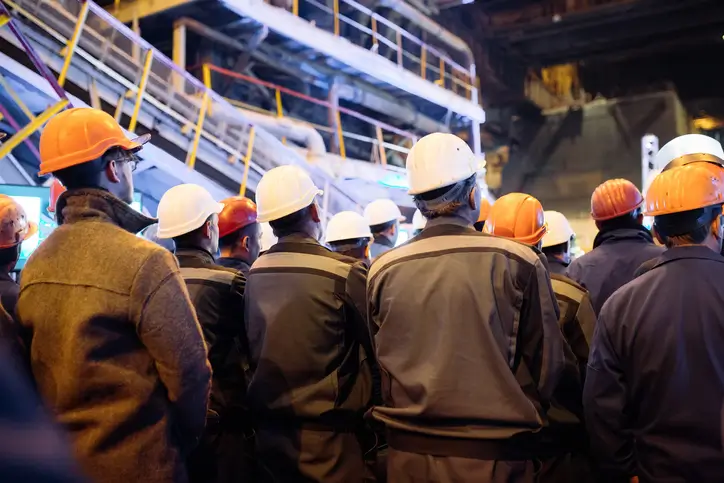
a. New York Labor Law § 200
This section establishes that employers must provide “reasonable and adequate protection to the lives, health, and safety of all persons employed.” It holds employers accountable for creating a safe work environment and allowing workers to report any unsafe conditions.
b. New York Labor Law § 240 (The “Scaffold Law”)
One of the most famous construction laws in New York, the Scaffold Law, places absolute liability on property owners and contractors if a worker is injured due to a fall from a height or is struck by a falling object. This includes a lack of proper scaffolding, harnesses, or ladders.
This law is particularly powerful because it places full responsibility on employers, regardless of whether the worker was partially at fault.
c. New York Labor Law § 241(6)
This provision mandates that all construction, demolition, and excavation work be performed in a manner that is safe and complies with the New York Industrial Code, which sets forth detailed rules about equipment, procedures, and worker conduct on-site.
3. Right to Report Unsafe Conditions
Construction workers in New York are not only allowed to report unsafe conditions—they are encouraged to do so. The law protects workers who raise concerns about hazards, even if their complaint turns out to be unfounded.
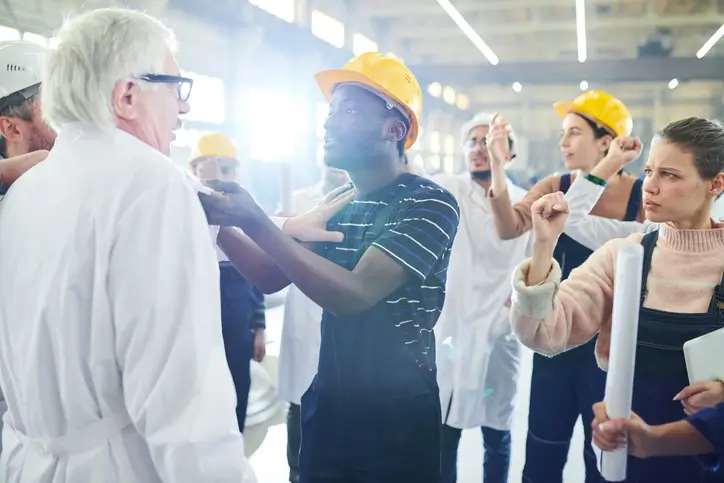
a. Anonymous Complaints
If you’re worried about retaliation, you can file a complaint anonymously with:
- New York City Department of Buildings (DOB): They accept anonymous complaints via 311 or online. DOB inspectors will visit the site and issue violations or stop-work orders if safety breaches are found.
- Occupational Safety and Health Administration (OSHA): You can file confidential complaints online or via phone. OSHA will investigate and keep your identity protected unless you give written permission otherwise.
4. Whistleblower Protections
Many workers fear retaliation if they speak up about unsafe conditions. However, several laws exist to protect whistleblowers in New York.
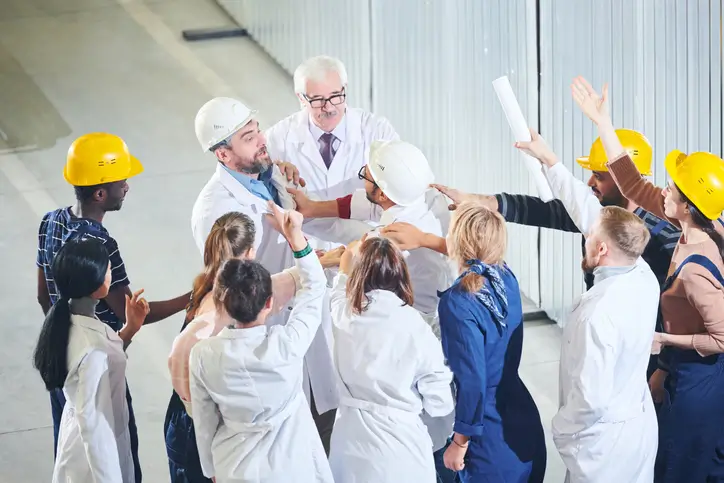
a. Section 11(c) of the OSH Act
Federal law prohibits employers from retaliating against workers who file safety complaints, report injuries, or participate in OSHA investigations. Retaliation includes being fired, demoted, disciplined, or harassed.
b. New York Labor Law § 740
This whistleblower protection law covers private-sector employees who report violations of laws, rules, or regulations that present a substantial danger to public health or safety. If your employer retaliates, you may sue for back pay, reinstatement, and even punitive damages.
c. Local Laws in NYC
In addition to state and federal laws, New York City supports a culture of safety through Site Safety Managers (SSMs) and Construction Safety Compliance units, which ensure that whistleblowers are taken seriously and complaints are investigated promptly.
5. Right to Compensation if Injured
Despite all protections, construction injuries do happen. If you’re hurt on the job in New York, you have a right to workers’ compensation benefits, including:
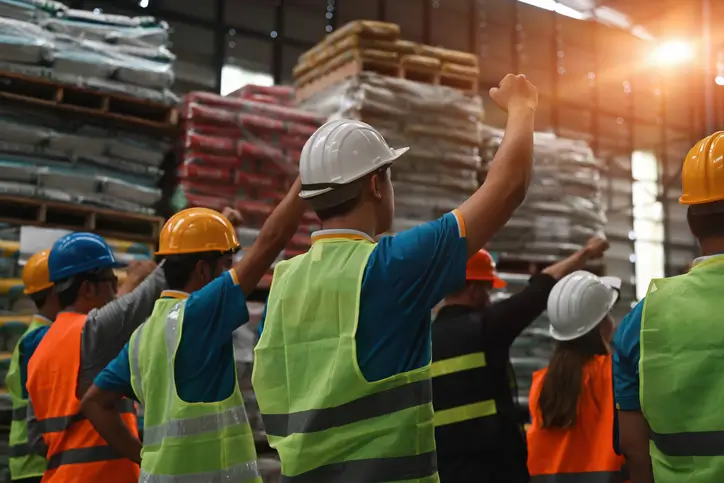
- Medical care for your injury
- Wage replacement (typically two-thirds of your average weekly wage)
- Vocational rehabilitation if you’re unable to return to the same kind of work
- Death benefits for family members of a worker killed on the job
In some cases—especially under Labor Laws 240 or 241(6)—you may be able to file a personal injury lawsuit in addition to a workers’ compensation claim. This can help you recover damages for pain and suffering, emotional distress, and loss of earning capacity.
6. Your Employer’s Responsibilities
Your employer must take the following actions under New York law:
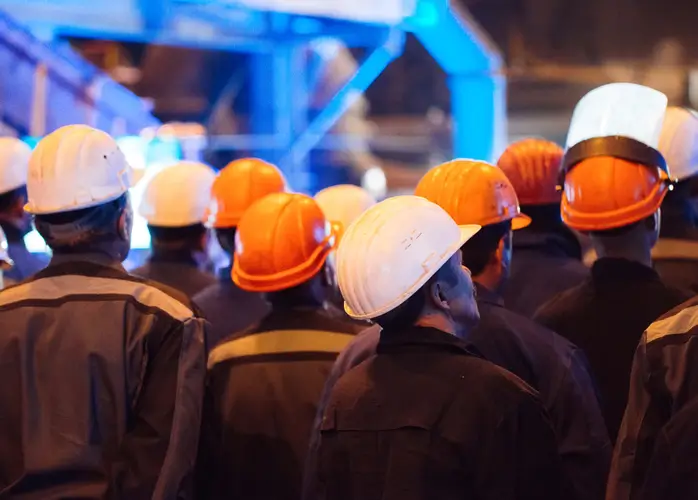
- Comply with all OSHA and NYC building codes
- Conduct regular site-specific risk assessments
- Post clear signage warning of hazards
- Ensure all workers are Site Safety Training (SST) certified
- Maintain clear records of injuries and complaints
- Immediately correct violations cited by DOB or OSHA
If they fail to do this, they may face legal action, fines, stop-work orders, and even criminal charges in extreme cases.
7. When to Contact a Lawyer
If you’ve been injured, retaliated against, or are unsure whether your rights have been violated, it’s wise to contact an attorney who specializes in New York construction law. Legal experts can help determine:
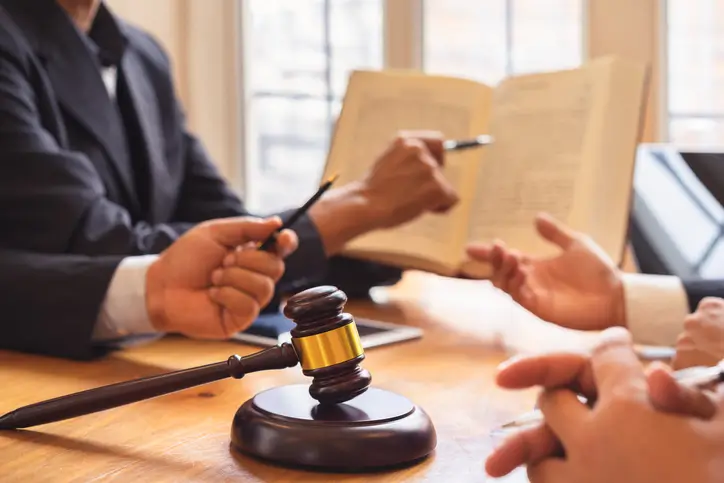
- Whether you’re eligible for a lawsuit under the Scaffold Law
- If you’ve experienced unlawful retaliation
- What documentation do you need to strengthen your case?
Many lawyers offer free consultations and work on contingency, meaning they don’t get paid unless you win your case.
Final Thoughts
Construction workers are the backbone of New York’s development, and the law recognizes that. Whether you’re laying concrete in Brooklyn or working steel beams in Midtown Manhattan, you have legal protections that are among the strongest in the nation.
Knowing your rights is the first step in protecting yourself and your fellow workers. From the right to PPE and safety training to the ability to report dangerous conditions anonymously and be shielded as a whistleblower, New York ensures you don’t have to choose between your job and your life.
Stay informed. Speak up. Stay safe.
Related Posts
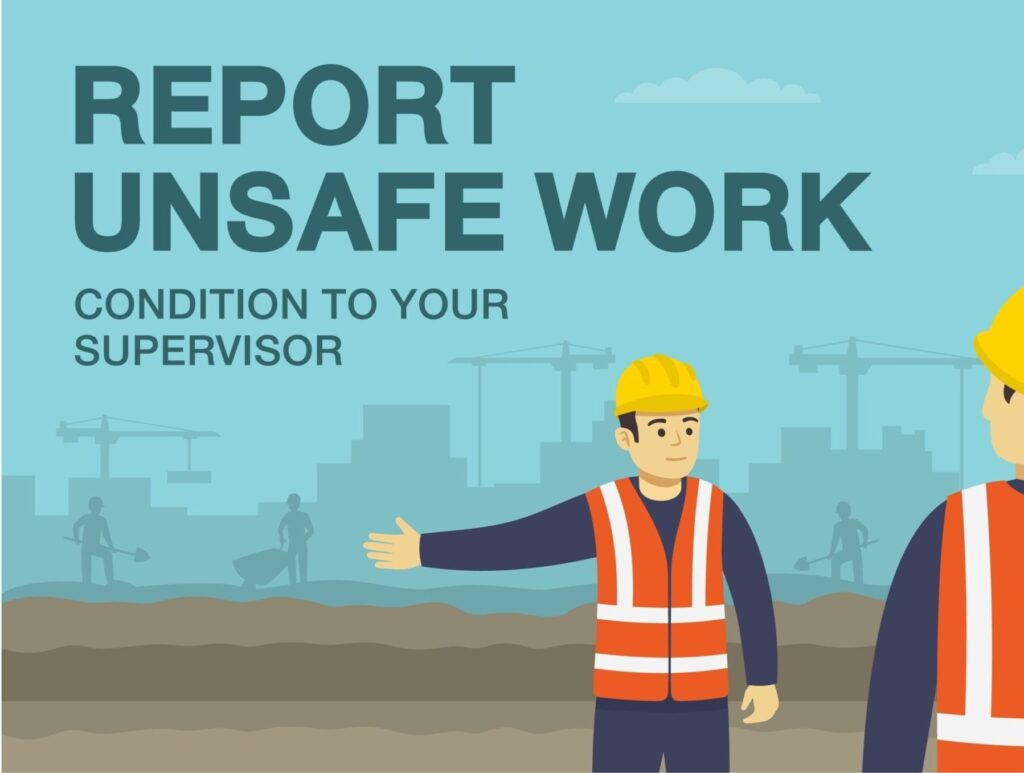
Where to Report Unsafe Working Conditions in New York
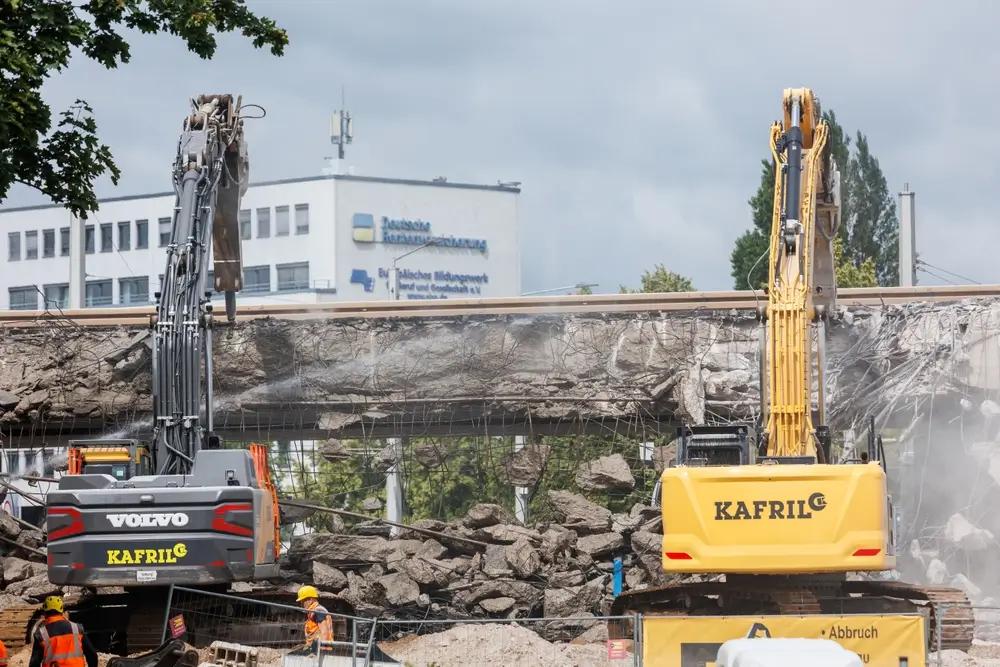
Demolition Safety: All You Have to Know
